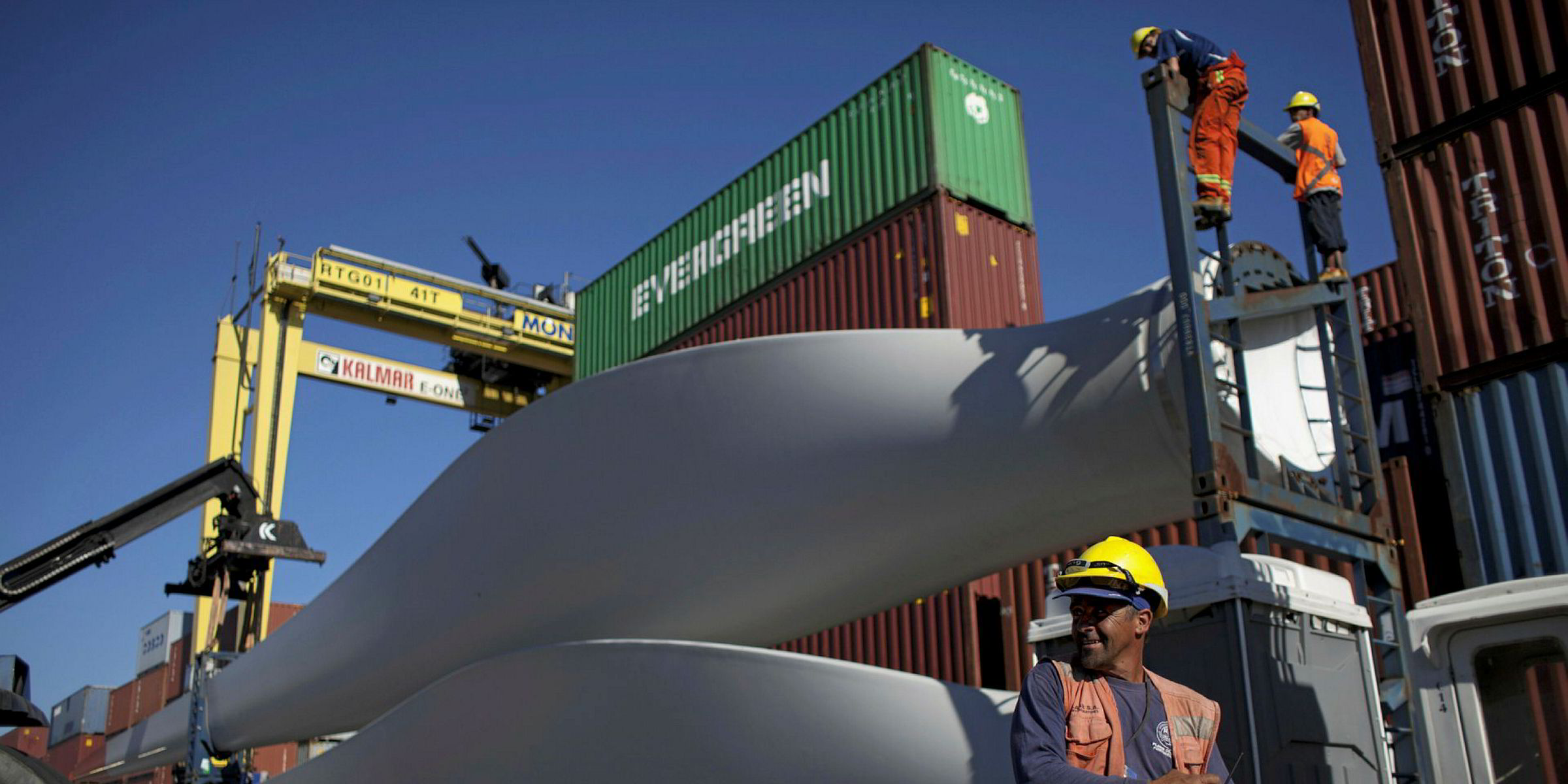Uruguayan wind power developer Ventus will export 250GWh to Argentina from its wind farms in the country over the next 12 months – the first wind power export contract between the South American neighbours.
The deal, which was closed for an undisclosed amount, took several months to be negotiated as Ventus, Uruguayan and Argentine authorities, plus Argentina’s grid operator Cammesa, had to overcome various bureaucratic issues that arose in the new arrangement.
“It was a historic mark, because for the first time a private Uruguayan company is exporting power to Argentina,” Francis Raquet, Ventus business development director told Recharge.
The deal comes as the South American region starts to discuss power grid integration, taking into account the new renewable energy capacity of each country. Promoted by the Inter American Development Bank (IADB), the integration plan aims to allow the different nations to explore ways to complement each country’s power with solar, wind, biomass and hydro, Juan Paredes, the IADB’s senior renewable energy specialist told Recharge.
Paredes said that studies are underway to assess changes resulting from deploying non-hydro renewables in each country. Currently, the region is mostly powered by a mixture of large hydro and fossil-fuel power plants with limited power connections, which there are now plans to expand.
Ventus’ deal is not the first renewable power import contract by Argentina. Earlier in 2017, Argentina imported solar power from Chile after reactivating an existing connection across the Andes mountains.
For Ventus, which built and operates 73MW of wind in Uruguay, it’s an option to move beyond the already saturated power market in Uruguay. After a fast expansion in recent years, tiny Uruguay now has around 1.3GW of wind installed out of a total capacity of 2.9GW. Wind is responsible for 20% of the power consumed by the 3.5 million Uruguayans.
The country quickly surpassed its 15% non-hydro renewable power generation target set for 2015.
“Today the demand for renewable power in Uruguay is satisfied. And the opportunity to sell power in Argentina is a natural consequence of synergies that our company has with public and private sector agents in Argentina,” said Raquet.
Raquet added that the contract could be expanded at any time and could even tempt other companies to sell Uruguayan wind power to Argentina.
Argentina, on the other hand, after years of not having registered significant investments to grow its power generation capacity, is promoting a fast expansion of renewables to reach an initial 8% supply share target by 2018.
The expansion occurs through the non-regulated market – as companies also have to meet the target – and through government tenders, under which Cammesa will be responsible for reaching the target for regulated market consumers.
So far Argentina has contracted 2.4GW of wind and solar capacity, while another 500MW of wind and 450MW of solar is expected to be contracted in this year tenders.
The projects are due to be operational in 2018 and 2019, which should more than double non-hydro renewable power supply to over 5% from the current 2%.


